Jury Award and Recommendation Award for the Fifth Dream of Red Chambers Award
The judges proposed the following two books for the Jury Award: The Chronicles of Zhalie by Yan Lianke; and Beware of the Siskin by Su Tong. The Book of Day and Night by Han Shaogung,I Did Not Kill My Husband by Liu Zhenyun and The Matchmaker by Ye Guangqin have been named for the Recommended Award.
Jury Award for the Fifth of The Dream of Red Chambers Award (In alphabetical order by title)
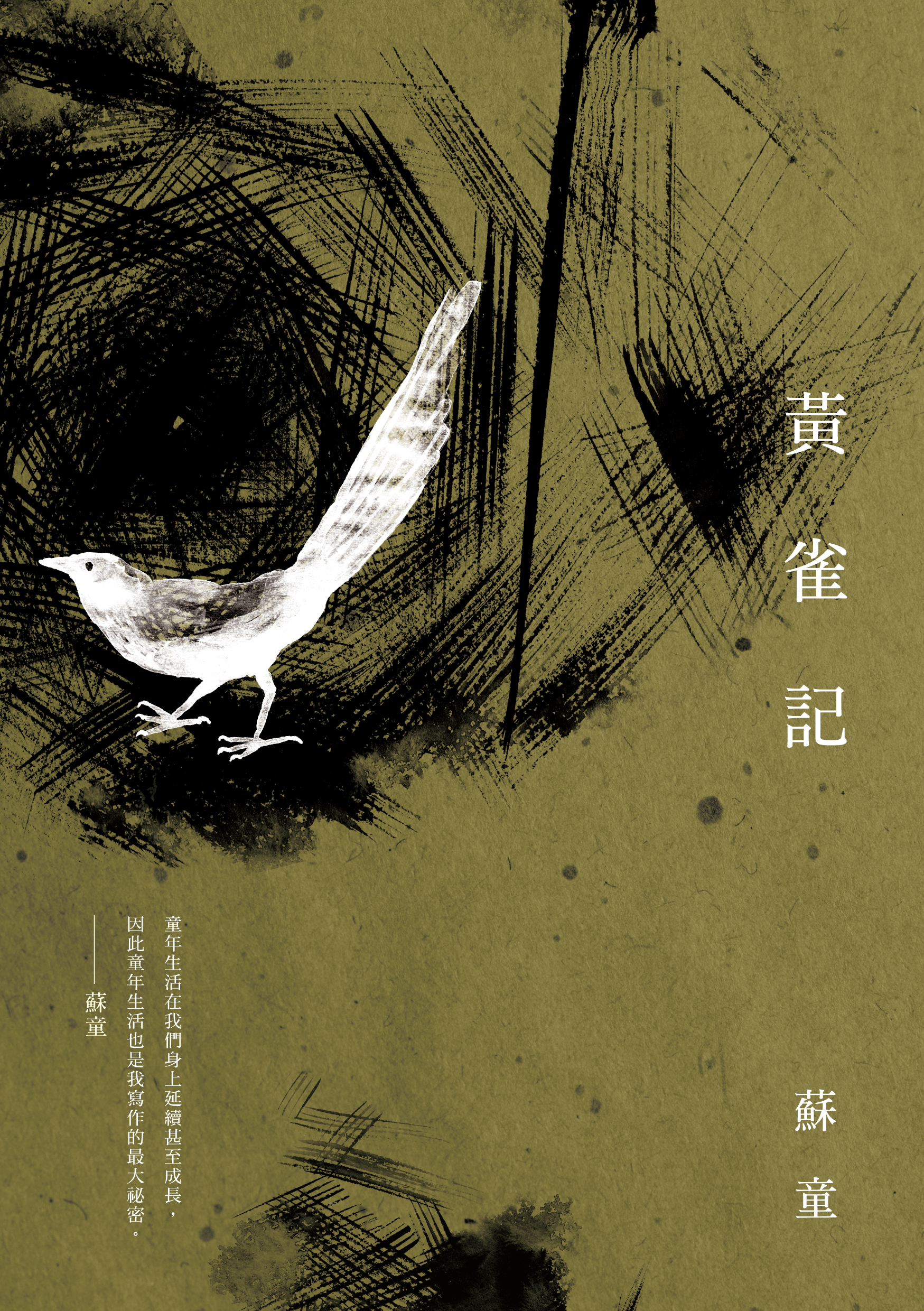 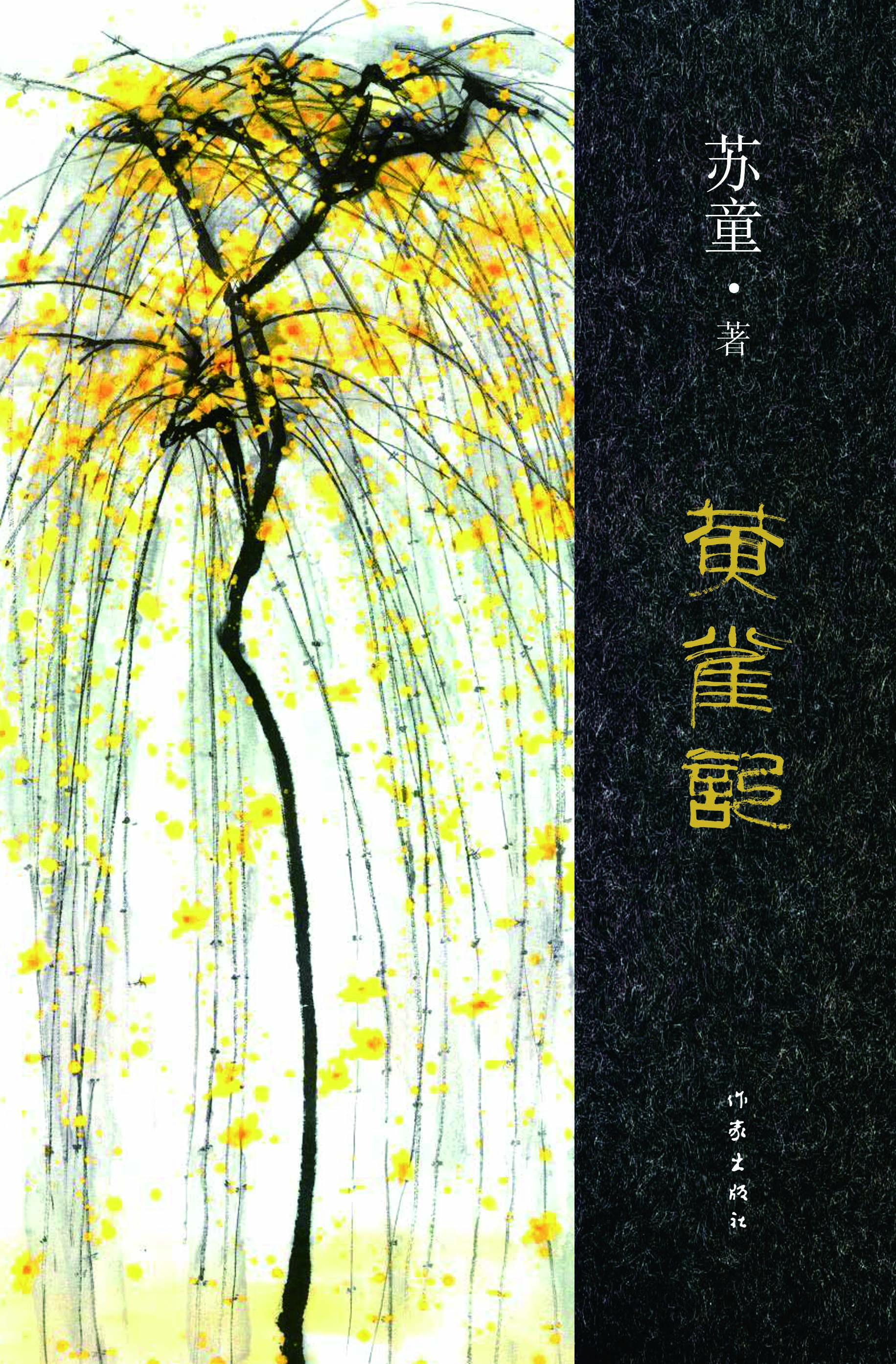 |
Beware of the Siskin Su Tong [Jiangsu] Taiwan: Rye Field Publications, Cite Publishing Ltd (2013) Beijing: Writers Publishing (2013) Introduction Su Tong retold the story of Xiangchenshu Street with his characteristic mellowness and melancholy. The romantic entanglements between the protagonist Bao Run, Liu Sheng and Xiaoshannu led to frame-ups, imprisonment, atonement, envy, revenge… and finally end in tragedy. These characters live in disarray in a chaotic era, with their conscientious better selves battling their malevolent nature in an enteral internal conflict, shrouding the era in a uniquely gloomy atmosphere. Living in a world without truths and where no light can shine into one’s hearts, men armed with only instincts stumble and flounder in the dark of the night, and finally evil prevails. The author’s calm narrative gives the novel a composed dignity, and every character depicted grew up in the grassroots, undereducated yet non-violent, with benevolence still thriving in the depths of their heart. Nevertheless one by one these characters succumb to tragedy – as if they have no choice but to do so. Such inevitability of humanity is well worth the reader’s contemplation. The title of the book Beware of the Siskin alludes to the uncertainties of fate and a life of unpredictable dangers.
Professor Chen Sihe
Librarian, Fudan University Author Su Tong was born 1963 in Suzhou of Jiangsu and graduated from Beijing Normal University. He was editor of Zhongshan Literary Magazine of Nanjing, and now a professional writer. His works include Wives and Concubines (妻妾成群), My Life as Emperor (我的帝王生涯), Empress Wu Zetian (武則天), Boat to Redemption (河岸) and Rice (米). He won numerous literature awards and his works have been translated into English, French, Dutch, Italian, Japanese and Korean; Boat to Redemption was awarded the 3rd Man Booker Asian Literary Prize. Beware of the Siskin is his latest novel. |
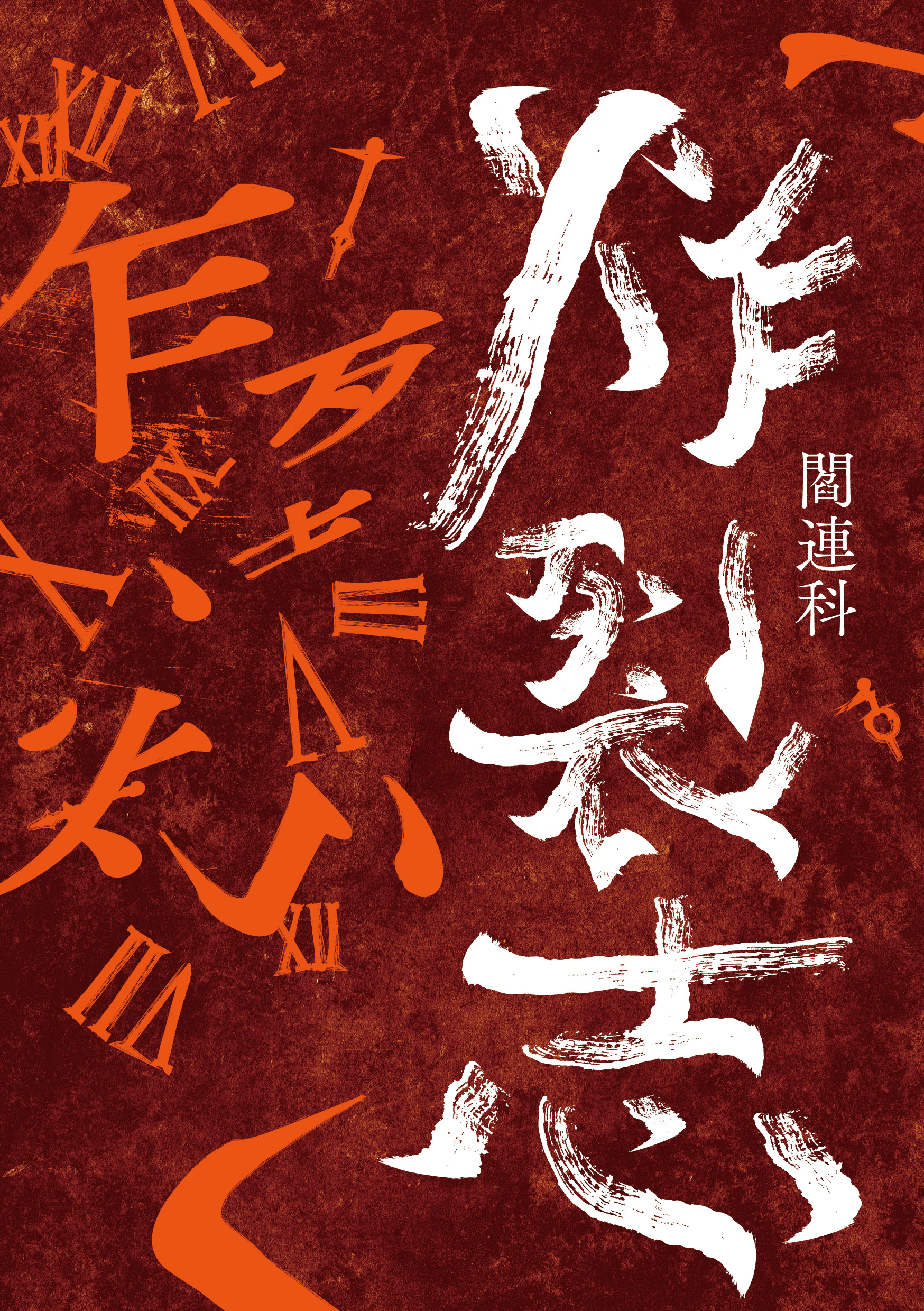 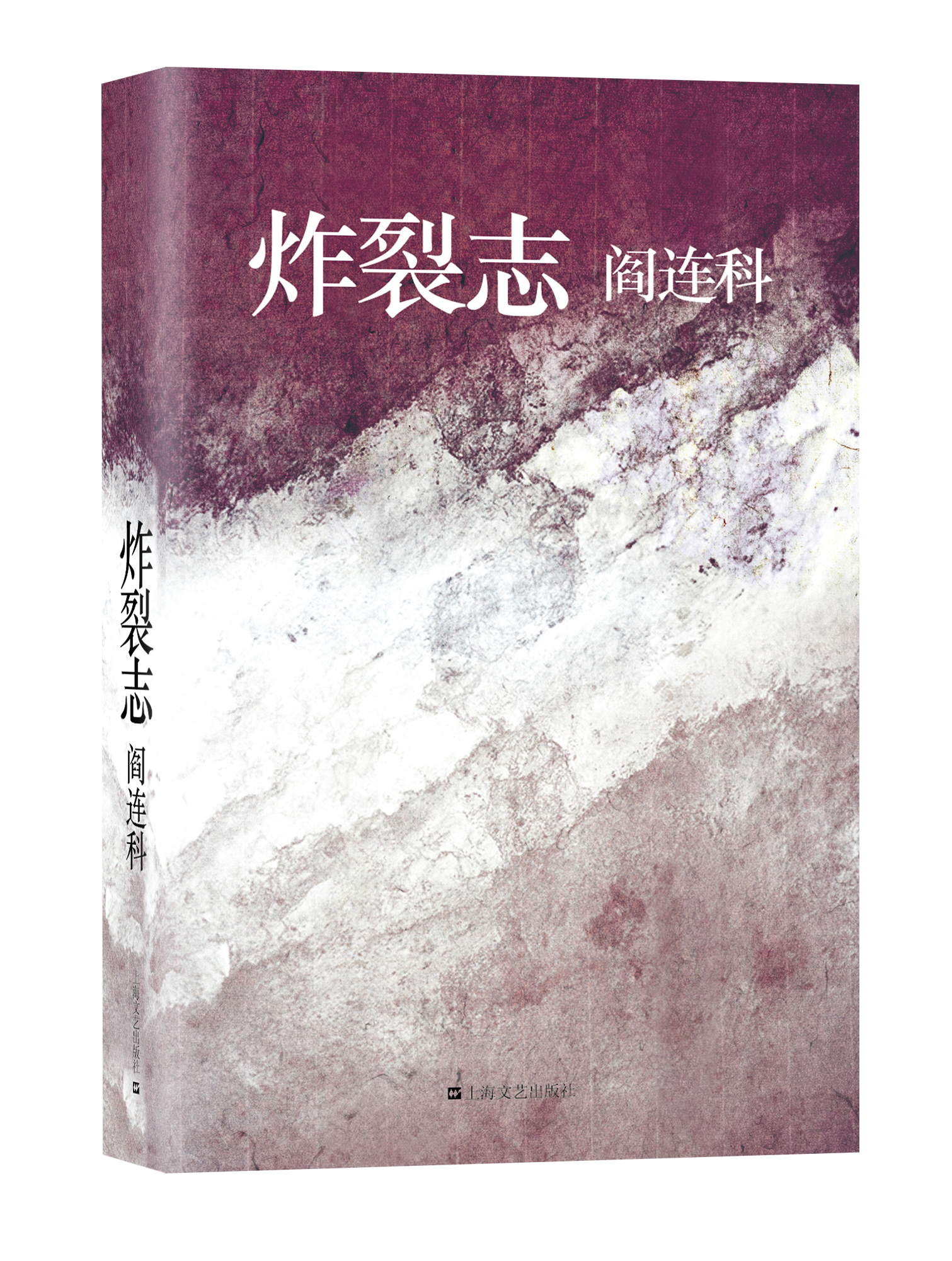 |
The Chronicles of Zhalie Yan Lianke [Henan] Shanghai: Shanghai Wenyi Publishing (2013) Taiwan: Rye Field Publications, Cite Publishing Ltd (2013) Introduction From Four Books (四書, published 2011) to The Chronicles of Zhalie (published 2013), Yan Lianke applies his impressive imagination to create a unique style – one can even say he has pioneered a “Yan” fictional style. A book about the expansions of a mountain village, The Chronicles of Zhalie tells a story of corruption, abuse of power, prostitution and thievery through the lens of magic realism amidst China’s distinct brand of reforms and rapid development. Yan’s writing spins what was originally an official history into a satirical folk drama of fantastic proportions – an imagination made real. The scenarios change with lightning pace; allusions and metaphors are abound. The novel begins with the attractive remuneration offered to the writer at the very beginning, progresses to the outlandish – yet eerily familiar – scenarios in the middle, ends with main character dying in history but thriving in the bureaucracy. A strong criticism of social realities run throughout. Yet it was only through creating such a fictional place which serves as a microcosm of China, that Yan was able to write freely of the geopolitics and competing developments of the economy and the military within the Chinese nation. This is a kind of writing that is more concise and more focused than realism. And although it fell slightly short of the grand prize, it remains an outstanding work. Professor Chen I-chih Department of Chinese, Director of Chinese Writing Center National Taiwan Normal University Yan Lianke was born in Song County of Henan in 1958. His writing career began in 1978. Among his works are seven novels including The Sunlit Years (日光流年), Solidity of Water (堅硬如水) and The Joy of Living (受活); more than a dozen collections of novelettes and short stories including Year Month Day (年月日) and Marrow (耙耧天歌), as well as 16 volumes of Anthology of Yan Lianke’s Works (閻連科文集). He was awarded the 1st and 2nd Lu Xun Literary Prize, the 3rd Lao She Literary Prize with The Joy of Living and some 20 other literary awards in China. His other works were also translated into more than 20 languages including Japanese, Korean, French, German, Italian, Dutch, Spanish, Portuguese, Serbian and Vietnamese and published in over 20 countries and regions. He is now the Professor and writer-in-residence at Remin University. |
Recommended Award winners for the Fifth Dream of Red Chambers Award (In alphabetical order by title)
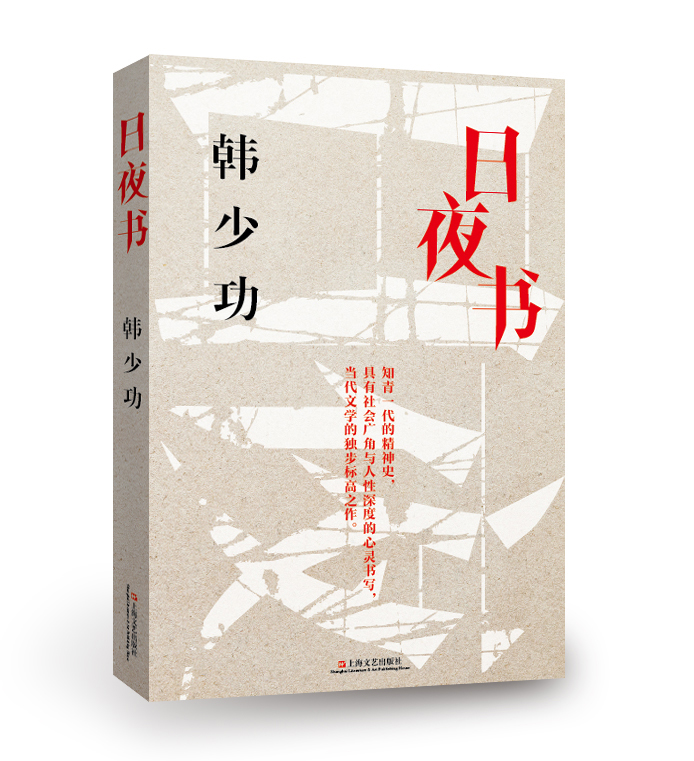 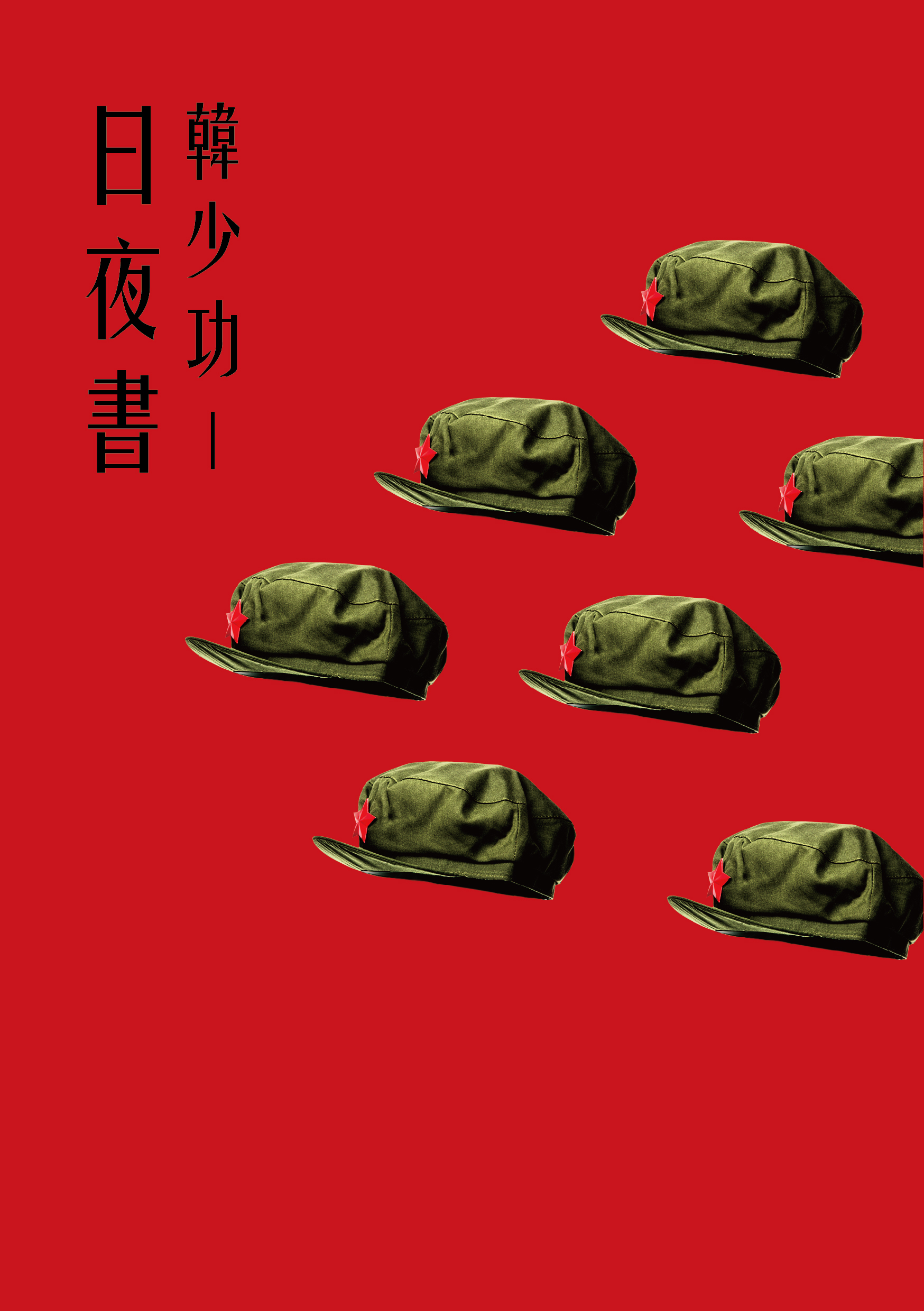 |
The Book of Day and Night Han Shaogung [Hunan] Shanghai: Shanghai Arts & Literature Publishing (2013) Taiwan: Linking Books (2013) Introduction Han Shaogung assigned the fictional form of narrative far too much responsibility – an almost unbearable weight. We do, however, catch glimpses of his untiring mental labour and incessant questioning: whether the youth of historical misunderstandings can be reconstructed in aesthetics; whether the restrained ideals can be realised within infinity; whether the passions of a time of reform can be righteously pursued; and finally, whether the subjectivity of fiction can answer to the objectivity of reality. In doing so, Han might have perhaps transgressed the boundaries of a novelist’s professional ethics. For a solemn fabricator, he cannot help but stay faithful to his duties – even when he foresees the perils that lie ahead. Professor Wang Anyi Winner of the 4th Dream of the Red Chamber Award for the book Scent of Heaven Han Shaogong, born January 1953 in Hunan Province. After graduation from junior secondary school he worked on the rural farms at Miluo County for a time, later employed at a local cultural centre. He was successively Assistant Editor-in-chief of the Zhurenweng Magazine, Principal of Tianya Magazine House, Chairperson of the Writer’s Association of Hainan Province, and Chairperson of the Hainan Federation of Literary and Art Circles. His major literary works include collection of fiction Returning Home (歸去來), Dad Dad Dad (爸爸爸), Shoe Addiction (鞋癖); essays World (世界) and Mountain South, Water North (山南水北); novels A Dictionary of Maqiao (馬橋詞典), Hints (暗示); Anthology of Han Shaogong’s Works (10 volumes). He also translated, among others, The Unbearable Lightness of Life and The Book of Disquiet. He was awarded National Award for Short Fiction, Novelist of the Year at the Chinese Literature Media Awards, Lu Xun Literary Prize, Xiao Hong Literary Prize, and others. In 2002, he was awarded the Ordre des Arts et des Lettres by the Ministry of Culture of France. Over 30 translations of his works, in various languages, are available overseas. |
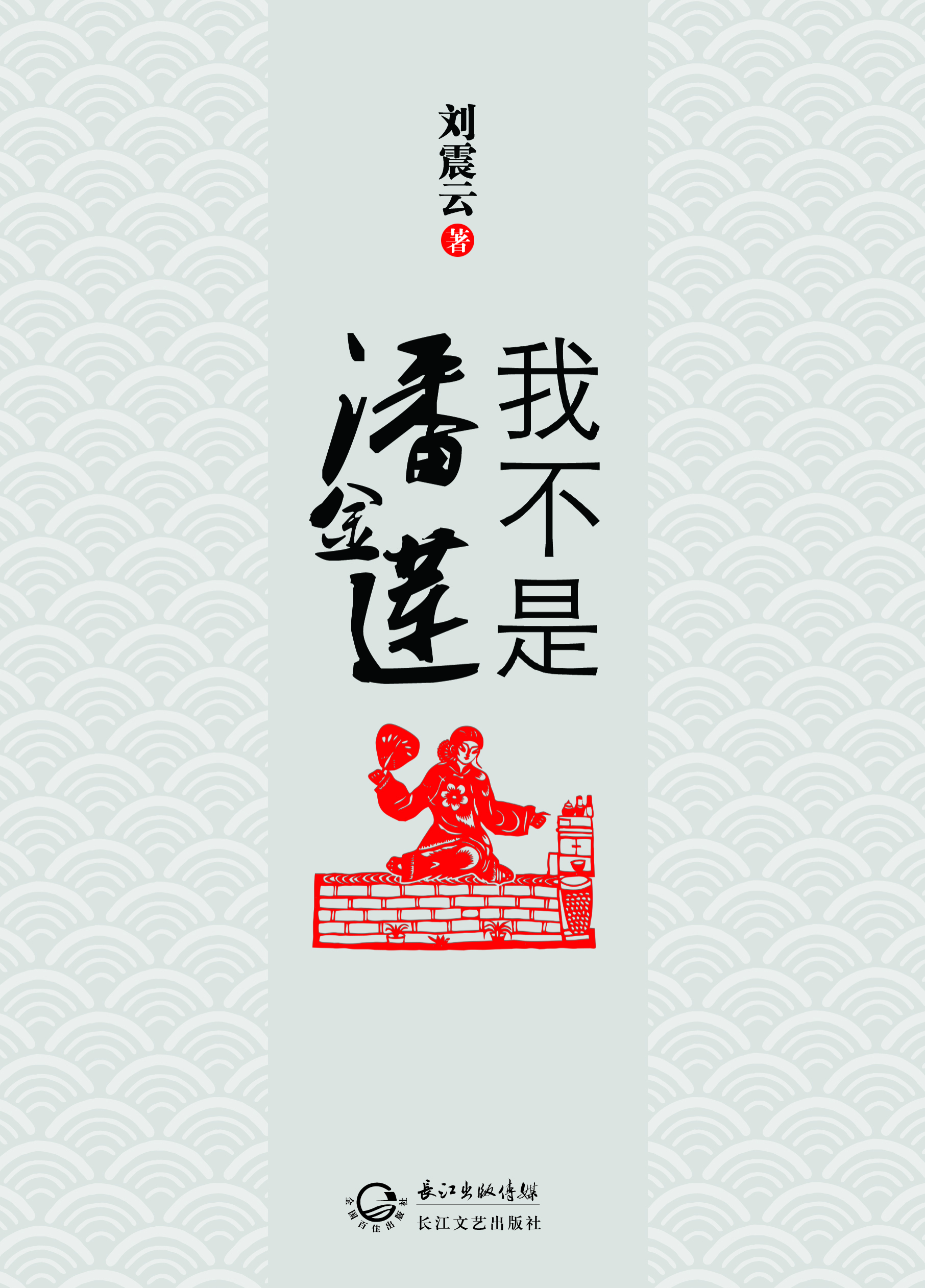 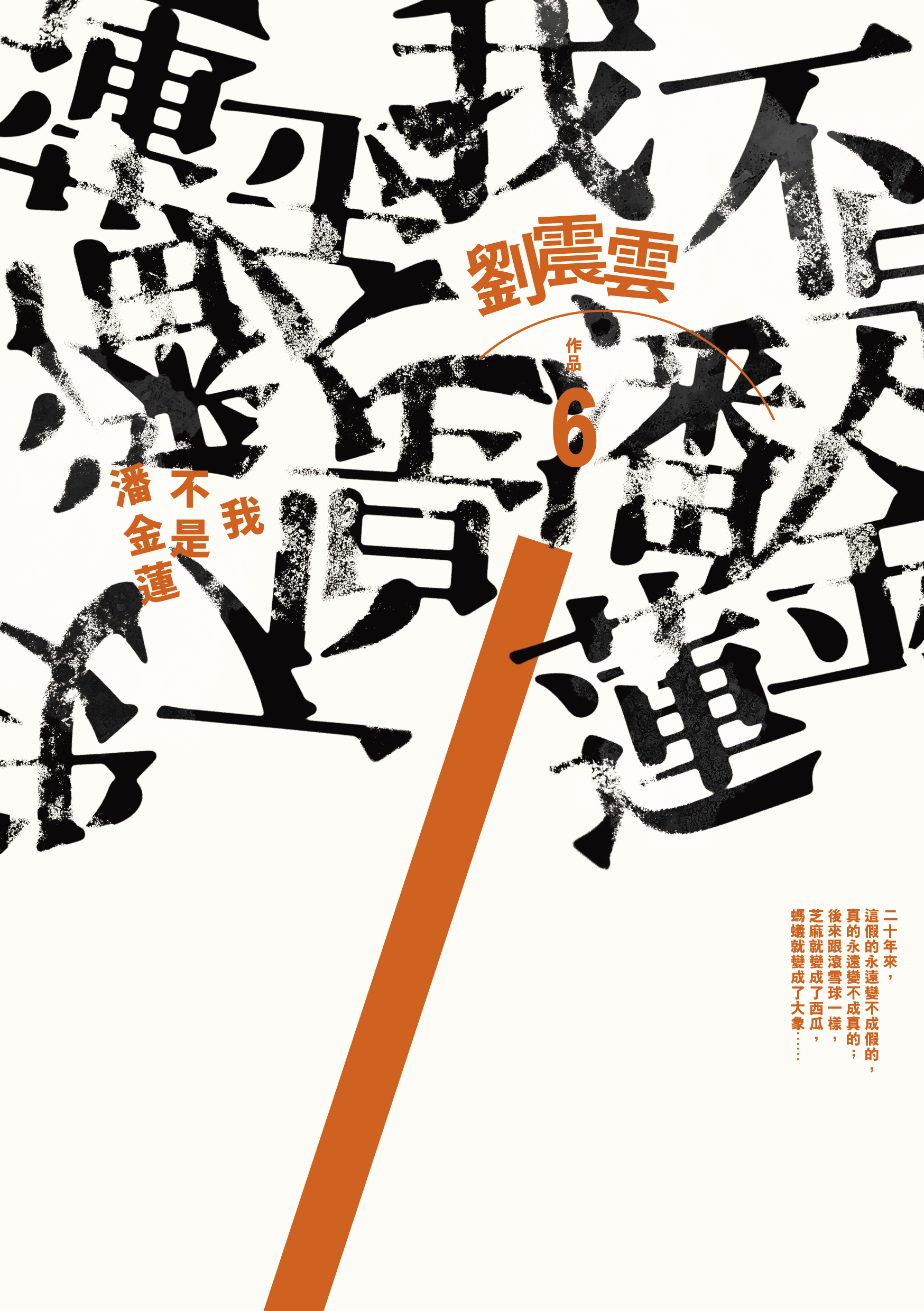 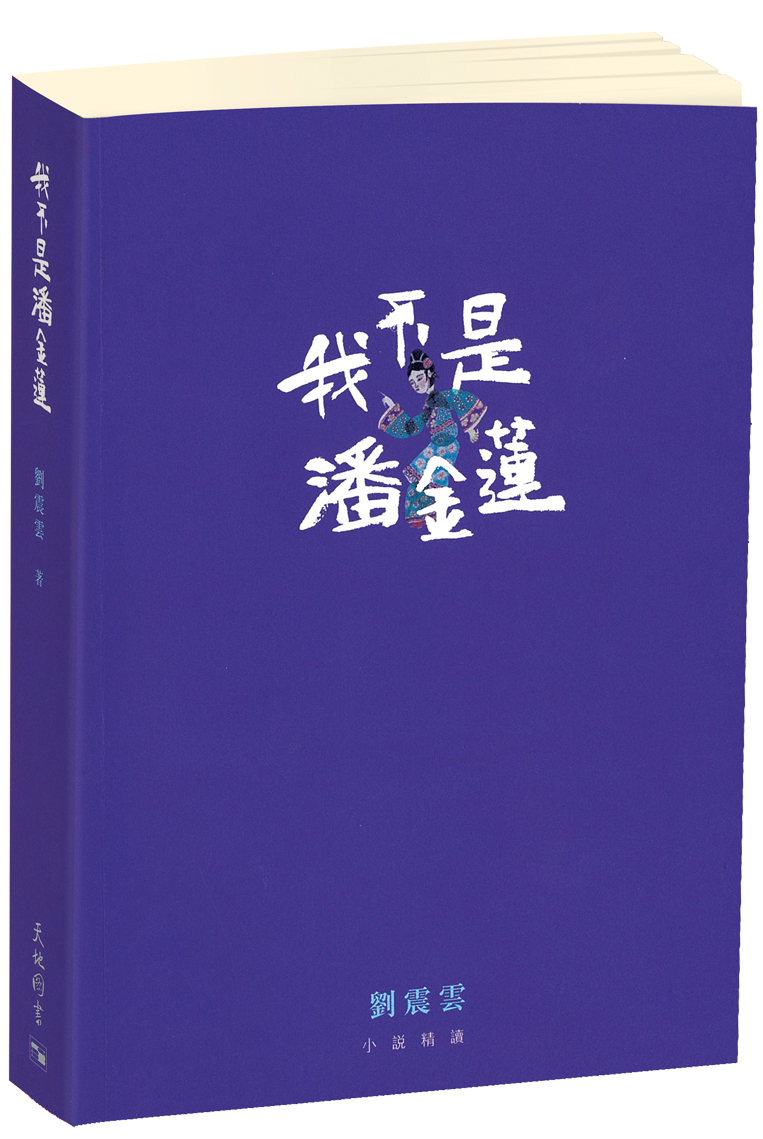 |
I Did Not Kill My Husband Liu Zhenyun [Henan] Taiwan: Chiu Ko Publishing Co., Ltd (2012) Hubei: Changjiang Arts & Literature Publishing (2012) Hong Kong: Cosmo Books (2013) Introduction I Did Not Kill My Husband is another powerful creation by veteran author Liu Zhenyun after Handset (手機), My Name is Liu Yuejin (我叫劉躍進) and A Word is worth Ten Thousand Words (一句頂一萬句). The female protagonist Li Xuelian had arranged a strategic divorce with her husband in order to bear a second child, with plans to remarry afterwards. She never expected that during the short divorce her husband married someone else, and that his new wife also became pregnant. This fake divorce suddenly turned real. Li’s initial impulse was to “murder the husband”, but later decided to resort to various legal proceedings to “torture” him. The case grew increasingly preposterous, turning into a complex and outlandish lawsuit. From proving “the divorce is made-up” to proving “I did not kill my husband”, Li’s lawsuit grew to the extent that she spent decades appealing to the central authorities, finally making into the agenda of the National People’s Congress. Through the fantastical story and unique structure, Liu Zhenyun demonstrated the many absurdities, corruption, bureaucracies and “irrationalities” prevalent in China’s society. With I Did Not Kill My Husband Liu again proved himself to be a natural storyteller. Although the narrative is fun and light-hearted, I Did Not Kill My Husband sets a new benchmark for satirical fiction and serves as a social fable for over 30 years of reforms and opening up on the Chinese mainland.
Professor Michael Berry
AuthorDepartment of East Asian Languages and Cultural Studies University of California Santa Barbara Santa Barbara Liu Zhenyun, born May 1958 at Yanjin of Henan, later graduated at Department of Chinese at Peking University. He was the author of novels including Yellow Flowers All of Homeland (故鄉天下黃花), Stories of Homeland (故鄉相處流傳), Faces and Flowers of Homeland (4 volumes) (故鄉面和花朵), A Mouthful of Nonsense (一腔廢話), Handset (手機), My Name is Liu Yuejin (我叫劉躍進) and A Word is worth Ten Thousand Words (一句頂一萬句), I did not Kill My Husband (我不是潘金蓮) and others. Novelettes and short stories include Ta Pu (塔鋪), New Company (新兵連), Unit (單位), Chicken Feather on the Ground (一地雞毛), Reviewing 1942 (溫故一九四二), and others. His works have been translated into different languages including English, French, Dutch, Japanese, Korean, Russian, Spanish, Hungarian and Vietnamese. A Word is worth Ten Thousand Words was awarded the 8th Mao Dun Literary Prize. |
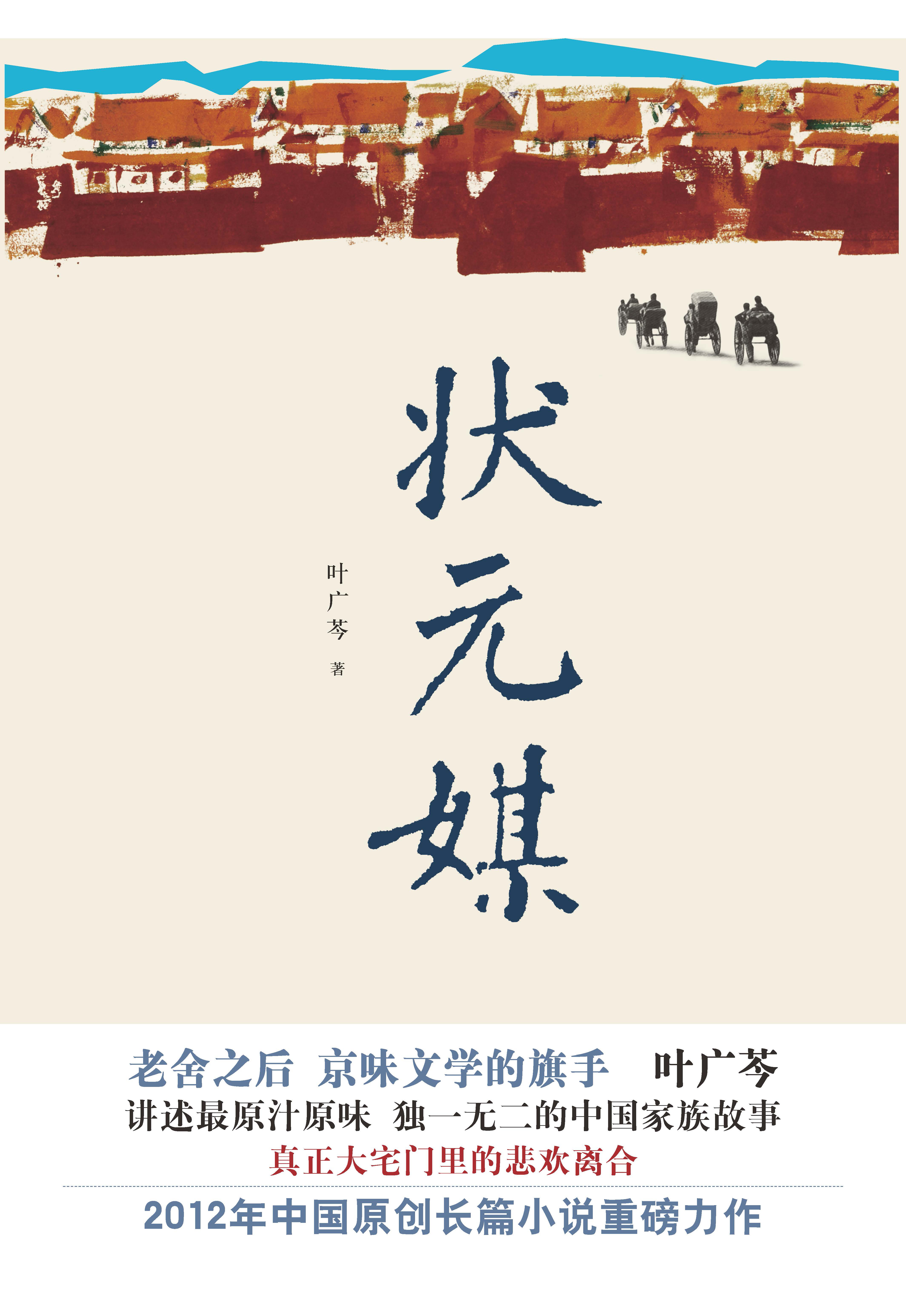 |
The Matchmaker Ye Guangqin [Beijing] Beijing: Beijing October Arts & Literature Publishing (2012) Introduction The Matchmaker is not just a period novel set in post-imperial Beijing; it is also a record of life of what was once the Manchurian ruling class. This unique community of nobles, children of the military, former eunuchs, palace maidens are all depicted with life-like vividness. The book also paints a detailed picture of life in Beijing during the Nationalist rule. Her portrayal of the Manchurian moguls are especially striking – possessing boundless creativity while engaging in frivolities and play, yet their wives and daughters were often charged with supporting the family. The story features a number of heartening episodes where commoners rose as heroes, as in Yu Qing, the downtrodden actor with noble blood, who endured much humiliation and finally killed a Japanese officer and Chinese traitor; and a village official, thankful toward a bare-footed doctor who saved him, abided by his promise to be buried side-by-side with the doctor. Such extolling of the traditional virtues of bravery and righteousness is both moving and admirable. Professor Chung Ling Chairman of the Final Judging Panel, the 5th Dream of Red Chambers Award Ye Guangqin is a Chinese National First-class writer, member of the national committee of the Chinese Writer’s Association, vice-chairperson of the Writer’s Association of Shaanxi Province, member of the Standing Committee of the NPC of Shaanxi Province, member of the CPPCC of the Xi’an. She was honoured for moral integrity and artistic achievement by the Shaanxi provincial party committee and provincial government, and enjoys a professional subsidy from the State Council. Her works of novel include Picking Berries (採桑子), Family Portrait (全家福), and Qingmu Chuan (青木川). Her non-fiction No Diary for the Luo’ao River (沒有日記的羅敷河) won the Sixth Junma Award; her novelette Have you even dreamed of Xie Bridge (夢也何曾到謝橋) won the 2nd Lu Xun Literary Prize and Beijing City Award for Outstanding Novelette in celebration of the 50 Anniversary of the Founding of the PRC; her novel Qingmu Chuan was awarded Chinese Writer’s Ordos Literary Prize for Outstanding Novel and the Shaanxi “Five-firsts” Literary Prize. |



